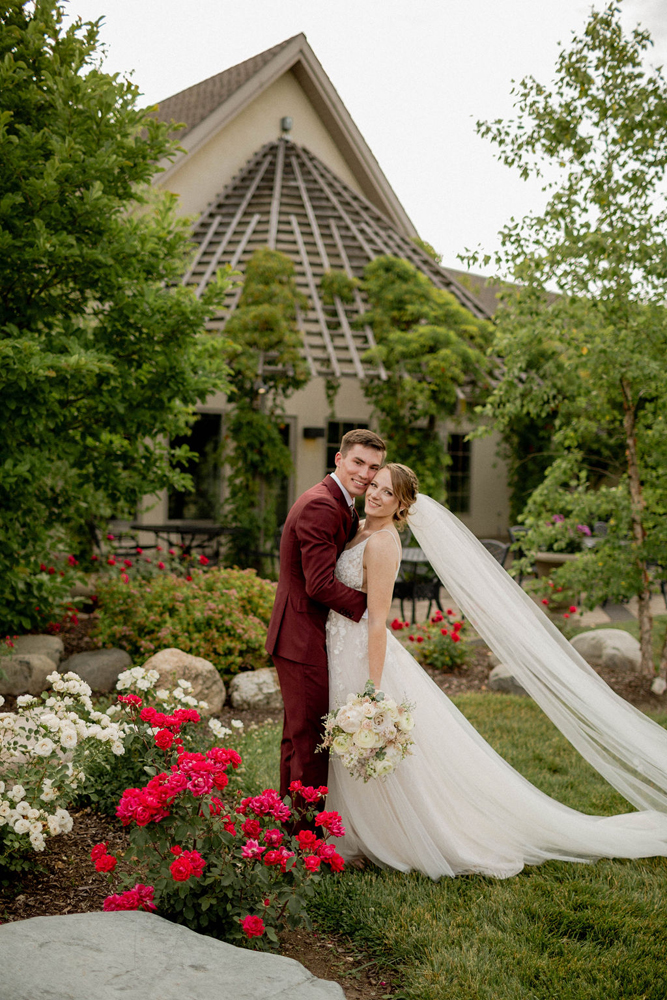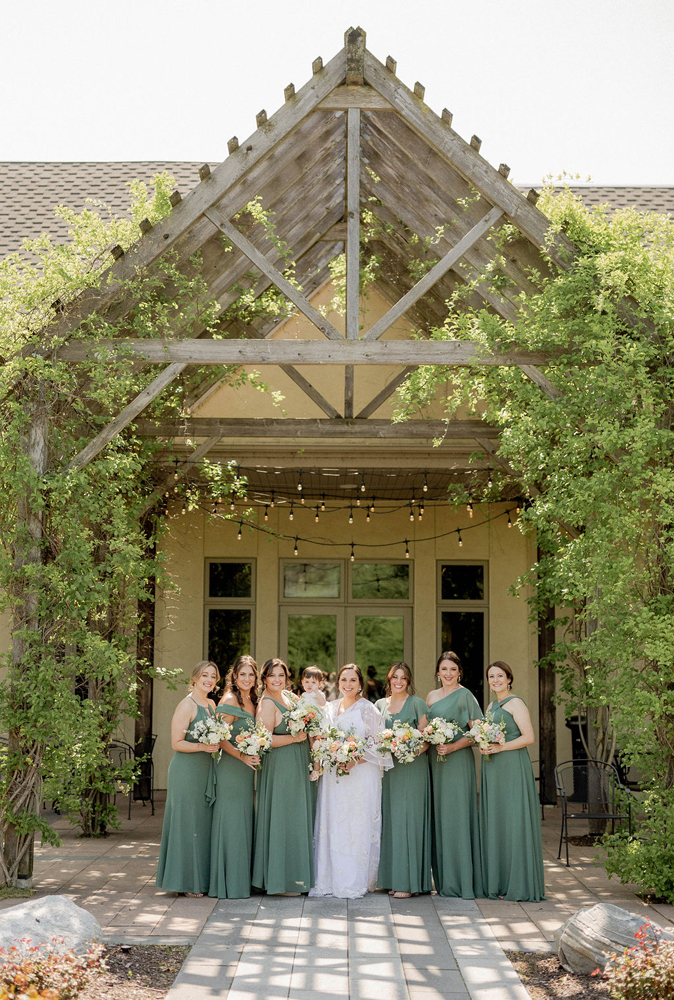December continues to be the most popular month for couples to get engaged. That means that many of you have recently popped the question and are starting to think about the first steps of wedding planning! Congratulations from all of us at RiverStone!
Whether you’ve been engaged for a few hours or a hot minute, it doesn’t take long for well-meaning friends and family members to begin offering their help (and opinions). If you’re feeling a little overwhelmed by how much there is to do and unsure of how to divvy up the work, you’re in good company! Ultimately, there’s a time to tag in… and a time to tag out – DELEGATE- and RiverStone’s here to help you navigate both!
Before you delegate any specific tasks, we highly recommend that you sit down with your fiancé to decide what parts of your wedding are most important to each of you. This will help you clarify your priorities and establish your boundaries before moving forward.
Then make a List!!Once you’ve established your wedding priorities, write them down! These are the things the two of you want to handle independently.
Bonus:Listing your priorities in order of importance will be highly beneficial for making important budgeting decisions down the road.
Now’s the time to list everything else that needs to be done for your wedding. This will give you an idea of what tasks are available to delegate. Here are a couple examples of time-consuming tasks that might be especially helpful to delegate…
The most challenging part of wedding planning is not usually managing the event details themselves…its navigating the relationship dynamics that come from bringing all the important people from two separate lives together in one place at one time.
One way to alleviate some of this tension is to delegate tasks that make people feel useful during the wedding planning process. Take time to list your helpers. People in your wedding party? Your parents? Other people in your community who have offered their help? Here’s a sample list to get you started…
The Who’s Who of Weddings…
Once you’ve identified who’s available (and willing) to help, consider the unique talents and abilities of your inner circle. Do you have a friend who is particularly creative or artistic? You might ask for his or her help with a design element or two. Do you have a parent who is super organized? Consider asking them to track your RSVPs. Capitalize on the skills and interests of your people! It will make the process more enjoyable and the outcome so much more beautiful!
Communicate Clearly
The most important part of delegating is that you are CLEAR and SPECIFIC. Lay out your request, the details of the task, your expectations, and any important deadlines that need to be met. Looking for a good way to ensure that nothing is left out or miscommunicated? You guessed it… a LIST! We’re going to go ahead and let you in on an industry “secret”… lists will be your best friends during wedding planning! Write down all the important details so that you can hand your friends and family members a reference when you ask for their help.
Empower your helpers
It’s important that you actually put your helpers in charge of the tasks that you ask them to help with. They need to feel empowered to make decisions in order to be successful, and you need to be able to take some tasks off of your plate in order to breathe easier. If you don’t feel like you can relinquish control in a particular area, we recommend that you reconsider delegating that task in the first place.
Don’t forget to check in on your people from time to time until you know the task is complete…just be careful not to micromanage. Trust is key here! Then be sure to let them know how much you appreciate them!





